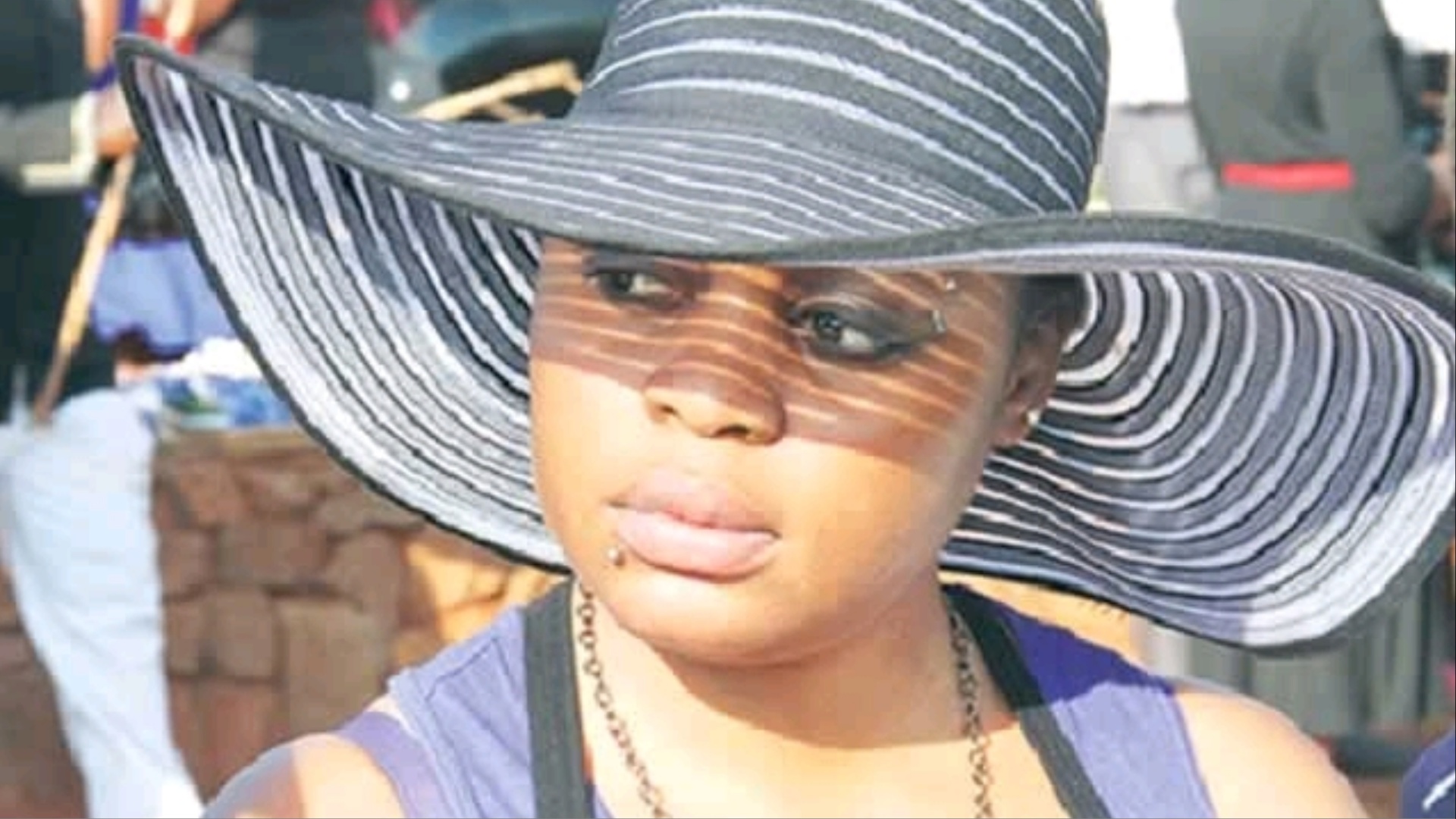Mthuli Ncube Makes Adjustments to Zimbabwe’s 1% Wealth Tax: Here Is What You Need To Know
Changes Made Following Outcry Over “Hut Tax”
Zimbabwe’s Finance Minister, Mthuli Ncube, responded to public outcry and parliamentary debate, introducing amendments to the controversial 1% wealth tax proposal. Here’s what’s been altered:
Property Tax Adjustments Demystified:
What’s Changed?
Previously, the government proposed a 1% tax on properties valued at US$100,000 or more. However, following major concerns and criticisms from many parties, Minister Mthuli Ncube has made the following adjustments:
- Exemption for Primary Residences: If your home is your main residence, no tax applies, even if the home is valued at more than US$100 000.
- Tax Threshold Increase: Only additional properties valued over US$250,000 will face the 1% tax.
In simpler terms:
- Your Main Home’s Safe: If your home is where you live most of the time, no tax for you!
- Higher Property Value Threshold: The tax will only affect extra houses or properties worth more than US$250,000.
How The 1% Wealth Tax will be collected
To make sure this tax gets collected, the Zimbabwe Revenue Authority (ZIMRA) will team up with local councils. Plus, there’s a limit – no property will pay more than US$50,000 each year.
So, in simpler terms, if you’ve got one home where you live, you’re off the hook. But if you’ve got more properties or very fancy houses, then some tax might come your way, collected through ZIMRA, and there’s a maximum limit to what you’ll pay.
Latest on that 1% Wealth Tax on property:
After debate in Parliament, Finance Min. Mthuli Ncube is making some changes to the tax:
• You will not be taxed for your “primary residence”
• The tax will apply for additional properties you have, if they’re worth over US$250K (not… pic.twitter.com/8J9Qhhh8ko— newZWire (@newswireZW) December 15, 2023
Ncube aims to reel in unregistered micro-businesses, spotlighting backyard chicken producers and informal enterprises. His recent budget speech outlined stringent measures to bring the flourishing but unregulated informal sector under government taxation purview.
He proposed stringent conditions, stating, “Only licensed and Tax Compliant Operators will procure goods from manufacturers and wholesalers.”
The Controversy Unfolds: Public Outcry and Political Backlash
Tax Hikes and Criticisms:
The government faced backlash over various proposed increases, including:
- Passport Fees: Proposed to hike from US$120 to US$200.
- Toll Gate Fees: A significant upsurge was suggested.
- Wealth Tax: Set at 1% for properties valued at US$100,000 or more.
Critics lambasted the government’s strategy, denouncing the budget as “anti-people” and a burden on Zimbabwe’s already struggling populace. The opposition and economists alike expressed concerns over regressive taxes amplifying the woes of the impoverished.
Defence and Justification
Ncube’s Perspective:
Defending the budget, Ncube emphasised its intended benefits for citizens, asserting, “It is always pro-people… the resources are used in providing services or supporting citizens.”
He highlighted specific tax allocations, citing the wealth tax as a redistributive mechanism and a means to bolster infrastructural development in urban areas, particularly benefiting the urban population.
Mixed Reactions and Economic Implications
Public Outcry and Expert Opinions:
Critics labelled the budget as punitive and detrimental to investment and growth, pointing to desperate revenue-raising measures. Economists highlighted concerns over increased avenues for corruption, emphasising the risk of informalisation of the economy and penalisation of law-abiding citizens.
Final Analysis:
While Ncube’s amendments to the wealth tax aim to assuage public dissent, the broader budget continues to spark debates regarding its impact on Zimbabwe’s economy and populace.



